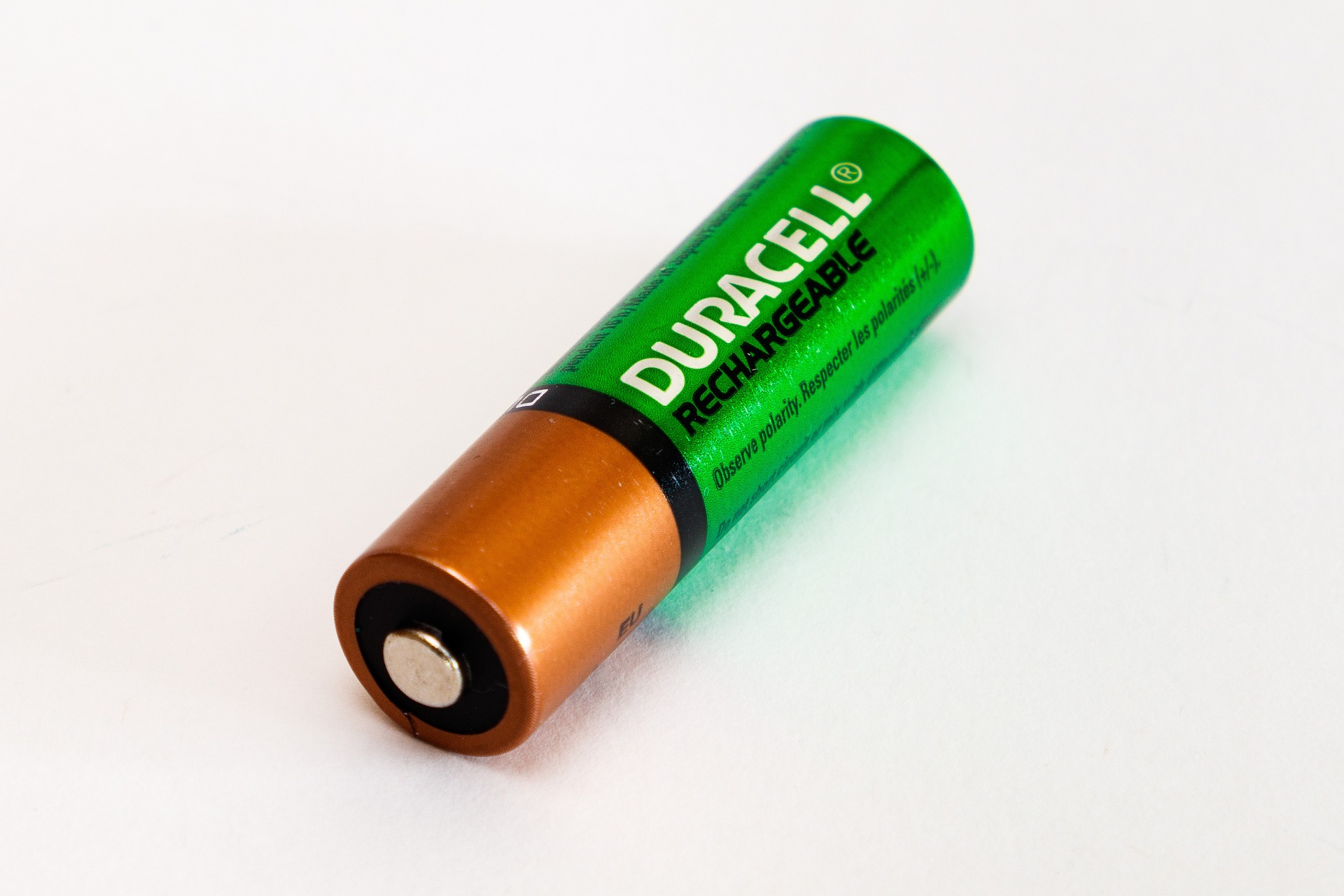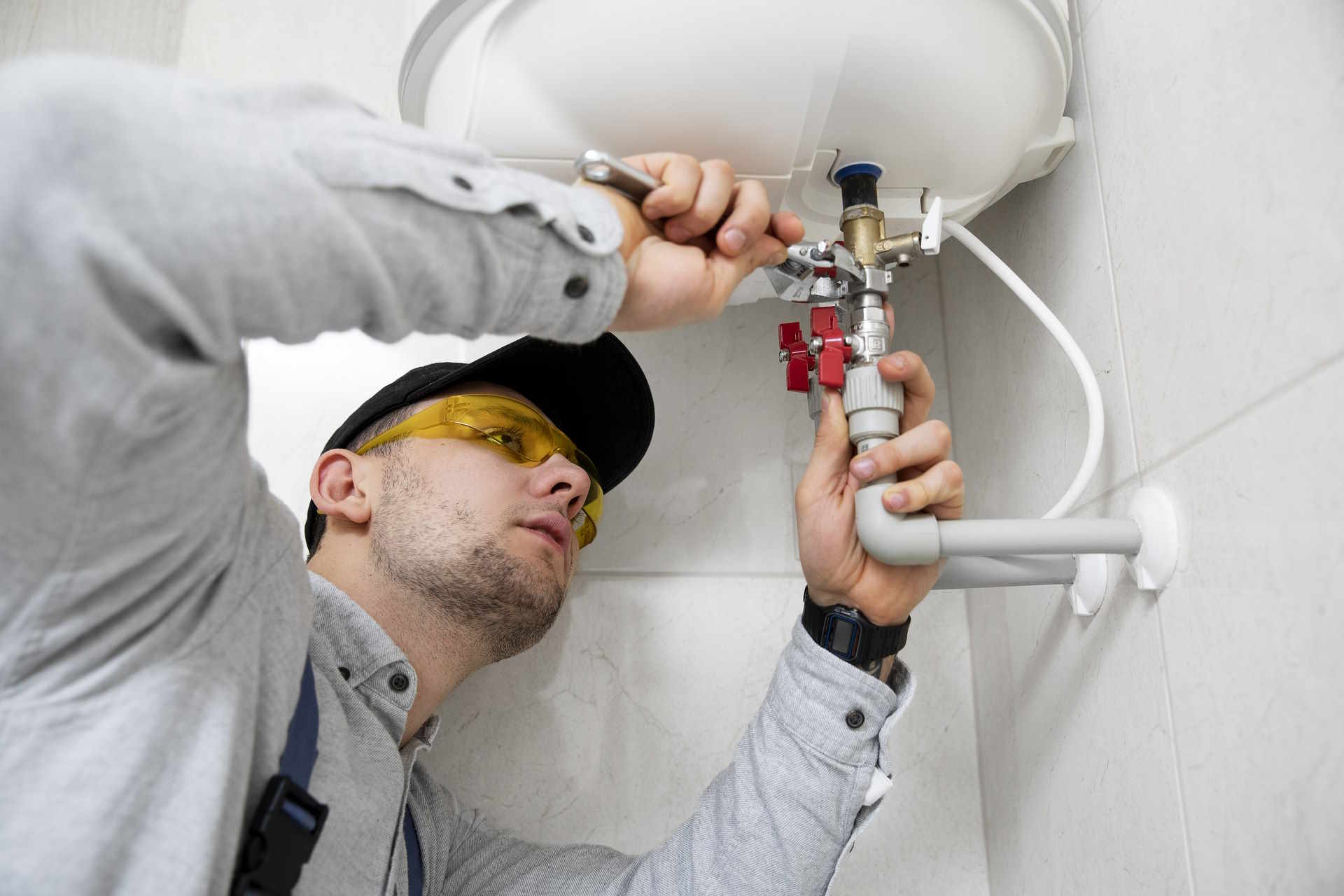5 Everyday Habits That Quietly Raise Your Electricity Bill
It’s easy to blame high electricity bills on seasonal changes or rate hikes, but sometimes the real culprit is much closer to home — your everyday habits. Without realizing it, small routines can quietly drive up energy use month after month. Here are five common habits that might be costing you more than you think.

What impact does leaving devices on standby have?
Many of us are guilty of leaving electronics and appliances in standby mode when not in use. This seemingly innocent habit can significantly contribute to your electricity consumption. Devices like televisions, gaming consoles, and even kitchen appliances continue to draw power when left in standby mode. This “phantom” or “vampire” energy usage can account for up to 10% of your home’s electricity bill. To reduce electricity bills, make it a habit to unplug devices or use smart power strips that cut off power completely when devices are not in use.
How does improper use of heating and cooling systems affect energy consumption?
Inefficient use of heating and cooling systems is a major factor in high energy bills. Many households set their thermostats too high in winter or too low in summer, forcing their HVAC systems to work overtime. Additionally, leaving these systems running when no one is home or failing to maintain them properly can lead to unnecessary energy waste. To create a more energy-efficient home, consider installing a programmable or smart thermostat. These devices can automatically adjust temperatures based on your schedule, potentially saving you up to 10-15% on your heating and cooling costs.
Why is using outdated appliances a costly habit?
Holding onto old, inefficient appliances might seem like a way to save money, but it could be costing you more in the long run. Older appliances, especially refrigerators, washing machines, and dishwashers, tend to be less energy-efficient than their modern counterparts. For instance, a refrigerator from the 1990s can use up to three times more electricity than a new, energy-efficient model. Investing in energy-efficient home devices with high energy ratings can lead to significant savings on your electricity bill over time.
How does excessive hot water usage impact your energy bills?
Hot water usage is often overlooked when considering energy consumption, but it can account for a substantial portion of your electricity bill. Habits like taking long, hot showers, running half-empty dishwasher cycles, or using hot water for laundry when cold water would suffice all contribute to higher energy costs. To save on hot water usage, consider installing low-flow showerheads, washing clothes in cold water when possible, and ensuring your water heater is set to an efficient temperature (usually around 120°F or 49°C).
What role does poor insulation play in energy waste?
Poor insulation is a silent energy waster in many homes. Inadequate insulation allows heat to escape in winter and enter in summer, causing your heating and cooling systems to work harder than necessary. This not only increases your energy consumption but also puts unnecessary strain on your HVAC system. Common areas of heat loss include attics, walls, floors, and around windows and doors. Investing in proper insulation and sealing air leaks are among the most effective cheap ways to save electricity and improve your home’s energy efficiency.
How can smart home energy solutions help reduce electricity bills?
Smart home energy solutions have emerged as powerful tools in the battle against high electricity bills. These technologies offer homeowners unprecedented control over their energy usage, allowing for more efficient management of household electricity consumption. Smart thermostats, for instance, learn your preferences and routines, automatically adjusting temperatures for optimal comfort and efficiency. Smart plugs can be used to schedule when devices turn on and off, eliminating standby power waste. Energy monitoring systems provide real-time data on your electricity usage, helping you identify and address energy-hogging appliances or habits.
| Smart Home Solution | Provider | Key Features | Cost Estimation |
|---|---|---|---|
| Hive Active Heating | British Gas | Smart thermostat, app control, geolocation | £199 installation + £2.99/month |
| Nest Learning Thermostat | Self-learning, energy history, works with other smart devices | £219 | |
| Philips Hue Smart Lighting | Signify | Energy-efficient LED bulbs, app control, scheduling | Starter kit from £59.99 |
| TP-Link Kasa Smart Plug | TP-Link | Energy monitoring, scheduling, voice control | From £19.99 per plug |
Prices, rates, or cost estimates mentioned in this article are based on the latest available information but may change over time. Independent research is advised before making financial decisions.
By addressing these everyday habits and considering smart home energy solutions, you can significantly reduce your electricity bill. Remember, small changes in daily routines can lead to substantial savings over time. Regular energy audits, mindful usage of appliances, and investing in energy-efficient technologies are key steps towards creating a more sustainable and cost-effective home environment. With conscious effort and smart choices, you can take control of your energy consumption and enjoy lower electricity bills without sacrificing comfort.




